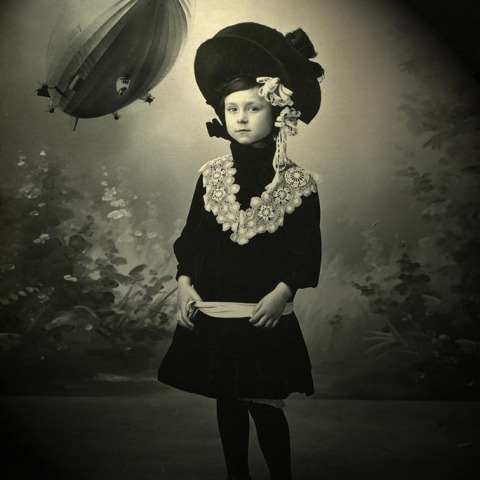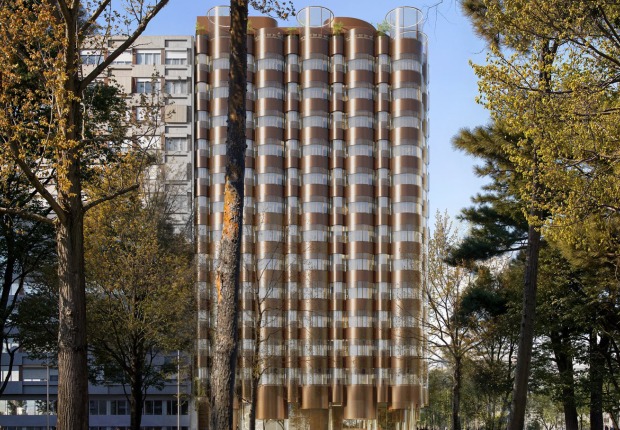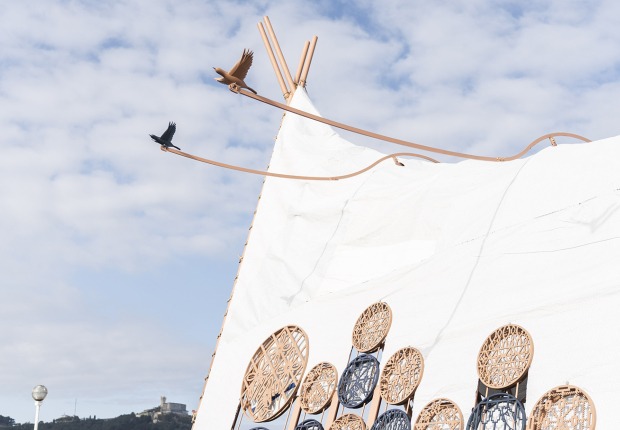The Garden of Oblivion
...mixing
Memory and desire...
—T.S. Eliot, The Waste Land
...ma mémoire précédait ma naissance...
—Patrick Modiano
A Luftwaffe pilot in leather cap with goggles perched on his forehead looks to left of camera in a photo studio in Karlsruhe in September 1941, his gaze directed upwards towards eternity.
A shapely woman wearing headscarf, sunglasses, sweater and tapered slacks stands beside her 1960s Peugeot 404 convertible and enigmatically lifts her right index finger skywards for the benefit of the photographer.
A lissom teenage girl in a dark jersey swimsuit throws her head back in ecstasy, her eyes closed, somewhere on a Baltic beach, sometime in the mid-1940s, seemingly oblivious to the photograph being taken.
Marcel Ducellier—thin lips, bowtie and eyepatch— sentenced to life for delivering confidential information to a foreign power, presents an expressionless face to the police photographer, 29 April 1939. Two children in Berlin in 1943 look on enraptured as their lit sparklers shimmer before their eyes, providing the sole light source for the photograph being taken...
Welcome to the Garden of Oblivion, the inexhaustible planetary archive of forgotten photographic images. Anonymous gelatin silver prints, slides, negatives, glass plates and other analogue sources provide the starting point for the interventions shown in the following pages. Long-forgotten snapshots and run-of-the-mill commercial photography are retrieved from oblivion and transformed by the artifices of digital imaging to tell imaginary stories and set imaginary scenes. The imagery of the contemporary world is rigorously banished: what is shown belongs to a fantasized but plausible past, a fictional retroprojection.
While the entirety of the work is photographically based, photography is used merely as a pretext for what becomes an exercise in post-photography. The artist plays consciously upon photography’s essences and paradoxes: the moment of time frozen into eternity but threatened immediately with forgetfulness and abandon; truth susceptible of being fiction (and vice-versa); the slice of life underwritten by a certain death.
Courator: José Reguera
Dates: 20th November until 18th December 2012
Venue: GRC-Mg (Galería Rita Castellote), calle San Lucas, 9. Madrid. Spain.
















![Ivo Precek, Pracovní tabule II [Work table II], 1965. "From the center of Europe. Czech photography, 1912-1974". Image courtesy of Juan March Foundation Ivo Precek, Pracovní tabule II [Work table II], 1965. "From the center of Europe. Czech photography, 1912-1974". Image courtesy of Juan March Foundation](/sites/default/files/styles/mopis_home_news_category_slider_desktop/public/lead-images/metalocus_fundacionjuanmarch_fotografiacheca_precek-.-pracovni-tabule-ii-1965_p01.jpg?h=e382d23c&itok=PryOojGF)







